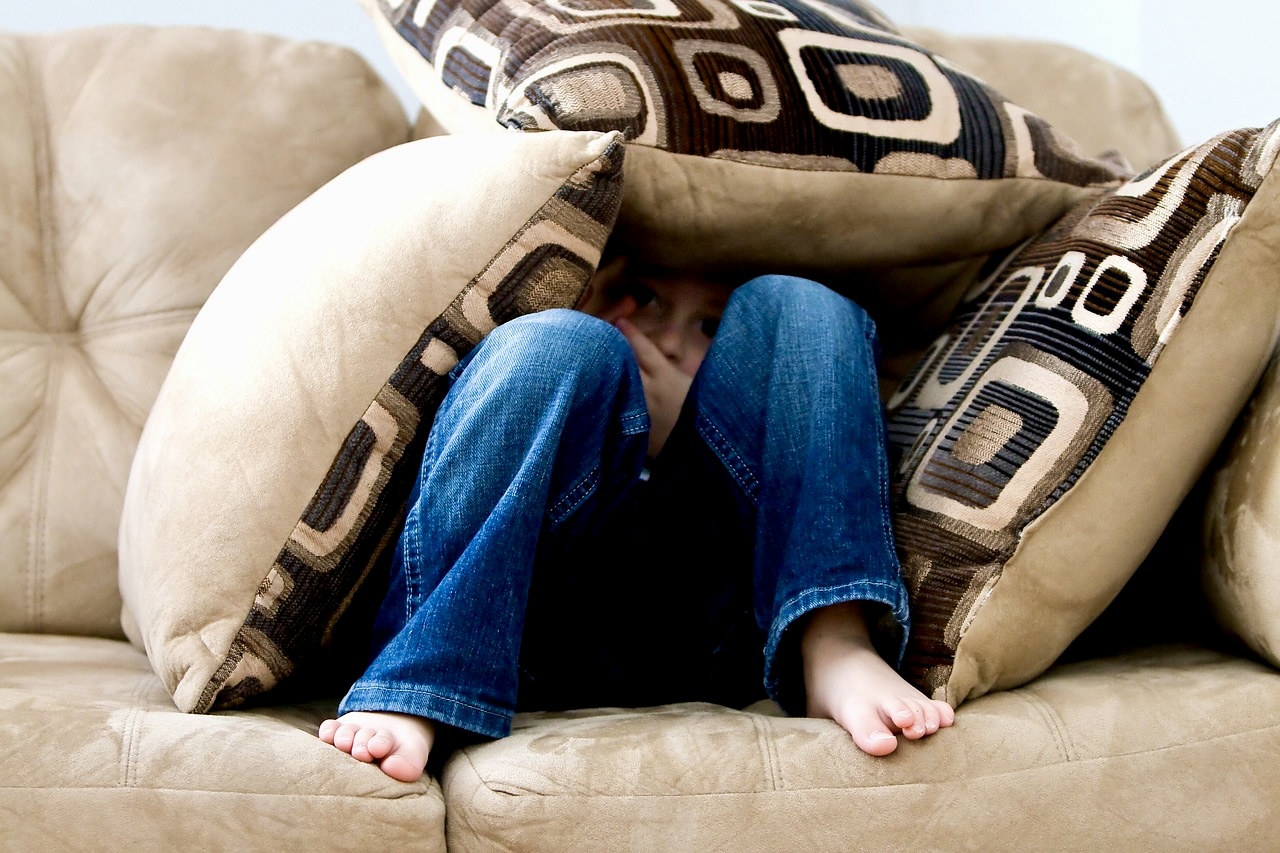Question: What should I do when my child has a meltdown? Should I ignore him or should I try to calm him down?
Preeti Dixit: I can share my experience of having a meltdown and what helps me. I have a meltdown when I am completely overloaded or overwhelmed by something and have reached my absolute limit of handling or tolerating it like yesterday with the sound. When I am in this stage, any more input, be it questions or reassurances by well-meaning loved ones, add to the stress and compound the meltdown. What I need during a meltdown is to know that my loved ones are there for me but are giving me the space I need to calm down. I need them to be calm and not become upset by my meltdown. I like to have their quiet, calming, non-judgemental and reassuring presence near me while I ride out the storm of the meltdown. I prefer to be left alone if the other person can’t be calm because I’m already scared and overwhelmed by my meltdown and doing my best to get it under control. I don’t need to worry about another person at the time. If I have to do that, the meltdown worsens.
Navi A: If you can identify the trigger, sound, light, food, clothing texture, smells then remove the trigger from the area. Yes a meltdown is triggered by sensory overwhelm. I love talking and listening to people. However, during a meltdown, every word that someone says is like something heavy to carry when I’m already straining to stand. I can’t even block it out so I end up processing it. This is an additional strain. During meltdowns, do not interact with the person at all. I’m embarrassed when I have a meltdown, so I prefer to go to my room to punch or throw pillows at the wall. This is the most non-destructive way I’ve found of dealing with a meltdown. After the meltdown is over, you can ask the person how they’d like you to support them. I’d suggest trying to stay in one place and not moving around them if you think they might like your presence. Otherwise, leave the place and come back like half an hour later. Especially do not touch the person since all sensitivities are heightened to painful levels and it feels like being hit. Also, watch out for meltdown’s cousin shutdowns. For me, for the first overstimulation, I’ll get a shutdown. If the overstimulation happens again shortly after I recover from the shutdown, I’ll get another shutdown. If it happens again after the second shutdown, I’ll get a meltdown.
Sweta Sukhani: My usual reaction to everyone around during a meltdown – “You have no idea what would make it better, just don’t make it worse!!!” I don’t communicate my needs because explaining what I need and why I need and then going through that process of checking that before saying is too much. Once the worst has passed then I start communicating more by actions. My suggestion is to be in the room and sit quietly. If you leave the room you run the risk of making them feel you don’t care.
Samriddhi Malhotra: Be there for them without trying to help or change what’s happening. Just be calm, give them space to do what they need to do.
Follow up question – How can we distinguish between meltdowns and shutdowns? How do we know when our child is having a meltdown and when he is having a shutdown?
Sweta Sukhani: They are almost the opposite of each other. Meltdowns are loud, restless, even aggressive, and even internally that’s how I feel, like everything is a mess and in chaos. Meltdowns are release of excess energy. Shutdowns are exactly how they sound, completely zoned out, and absolutely zero energy to say or express anything, it’s just fainting without losing consciousness.
Preeti Dixit: For me, a meltdown consists of a build up of extreme energy that needs to be released while a shutdown consists of a complete draining of energy. In a meltdown, I need a physical outlet (I have taught myself to punch or throw pillows so that I don’t break anything) to get rid of the excess energy. In a shutdown, I don’t have the energy to even move a finger. My movements are sluggish. I am unable to do anything. I am unable to think or understand anything. I’m unable to speak or make sense of what others are saying. It’s as the word says, a complete shutdown. I usually have a meltdown because of sensory overload where I’m unable to withstand the sensory overload. I have a shutdown usually because of cognitive overload where my brain feels overloaded and is unable to function. A meltdown is more outward. A shutdown is more inward. Many times, my meltdowns are followed by shutdowns once I have released all the excess energy.
Navi A: For me, shutdowns manifest as feeling super sleepy and being unable to move. I need to lie down for shutdowns whereas meltdowns require a physical outlet.








